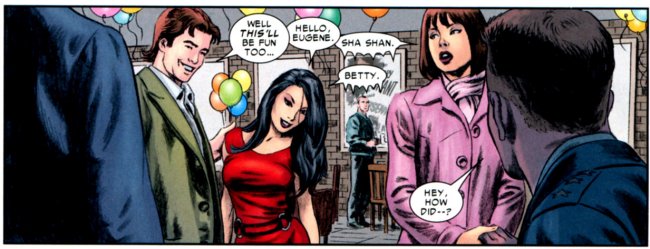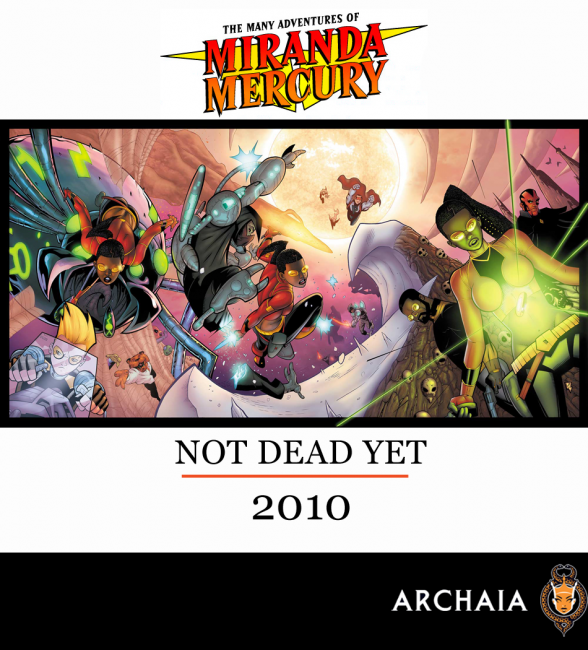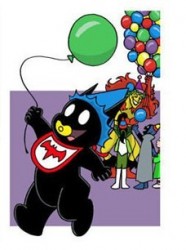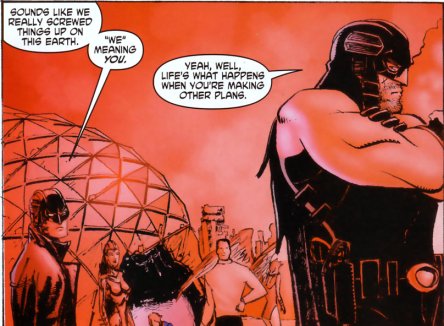It’s no secret that comic books are adolescent power fantasies. They’re about being the smartest, the strongest, the toughest, the meannest, and above all, the one who gets things done. Kids have little power and fantasize about growing into someone who does.
I don’t see the need to stop reading comics when we’re out of adolescence, since most of the adults still don’t have control over most of their lives. I suppose you could argue that some people do, particularly the ones who don’t read comics, but I believe that if they did, the world would either be a much better or much, much worse place.
So the fights, the flamboyant outfits, the adventure of comic books, is easy to understand.
What about the pain? Spider-man took off, in part, because Peter Parker’s life sucked before he was a superhero and after he was a superhero. Superheroes, for all their power, get clobbered. They lose at love, they lose loved ones, they lose battles and companions. Theirs is a world of nonstop pain, and a lot of the pain is theirs. Why are they so popular?
There are lines about how conflict is necessary for drama, and that old-chestnut, ‘realism’ appears in many justifications for comics melodrama, but I don’t think that’s it.
I think we like their misery because their misery ends in fights and adventure and over-the-top emotional outbursts, and ours doesn’t. Personally I would like it if a lot of the things that make me sad or angry could be resolved by putting on a cape and doing battle with my enemy. I’d like if I could solve any problem by smashing a motherbox, or a bomb, or some other high-tech or magical macguffin. I can’t. That’s not the world I live in.
A comics character loses someone they care about and it’s time to hit and kick and scream and the world hangs in the balance. We lose someone we care about and, more often than not, it’s time to sit and feel sad, to acknowledge that our lives are lesser for losing them, to know that there is nothing we can do about it, and to realize we’ll be lucky if we find one person who cares enough to try to comfort us.
A comics character has a violent tantrum, and it solves their problem. We do, and it makes our problem worse.
A superhero sees a problem with society and he shoots, punches, or uses magic until it’s a little better. If we see it, most of us realize it takes a lot of boring, frustrating, detail-oriented work to change things even a little bit for the better.
Put aside the capes and the silly names, and much of comics’ appeal is this: It is so much nicer to be angry than it is to be sad.








